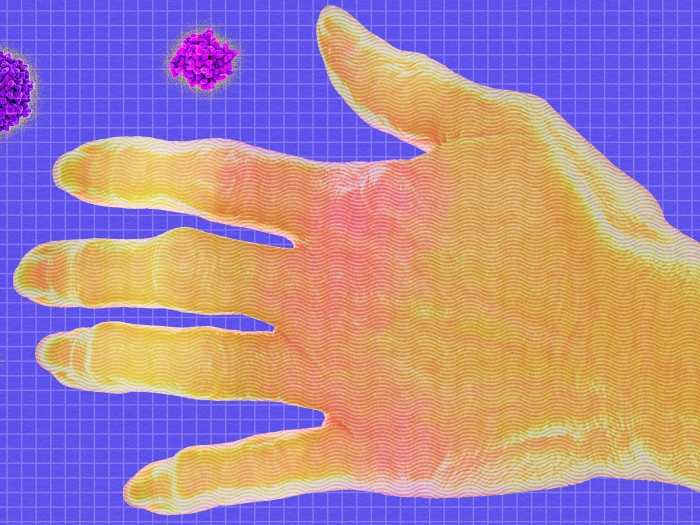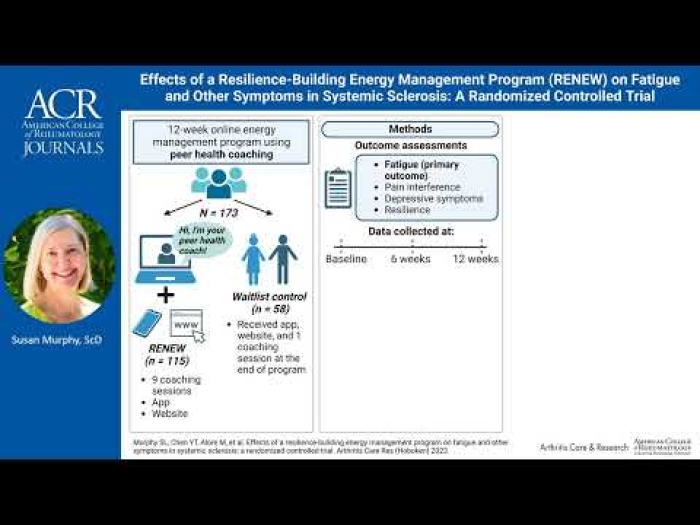Showing 1-15 of 25 results

Health Lab
Experts in brain cancer outline current discoveries and offer a path of hope for glioblastoma treatment

Medical School News
Four with Medical School ties are among 12 University of Michigan faculty and staff members recognized by the American Association for the Advancement of Science (AAAS) as 2023 fellows in recognition of their extraordinary achievements.

Health Lab
A new urine-based test addresses a major problem in prostate cancer: how to separate the slow growing form of the disease unlikely to cause harm from more aggressive cancer that needs immediate treatment.

Health Lab
Researchers recently revealed a new mechanism behind antiphospholipid syndrome that the investigators hope will eventually allow treatments to be targeted closer to the source of the problem.

Health Lab
At-home test can detect tumor DNA fragments in urine samples, providing a non-invasive alternative to traditional blood-based biomarker tests

Health Lab
New study has identified an enzyme contributing to systemic sclerosis.
Health Lab
Using a chip to process blood samples, doctors can monitor the amount of cancer cells in a patient’s blood to determine how well a treatment is working by the fourth week, according to a new study.

Health Lab
Recently approved by the Food and Drug Administration, Pluvicto is a radionuclide-labelled drug administered to patients showing promising results.

Health Lab
When it comes to lupus care, Black adults are normally left behind despite being one of the highest lupus populations.

Health Lab
Research published in the Arthritis Care and Research Journal from Michigan Medicine found that scleroderma patients made significant strides when working with trained peer health coaches in adhering to wellness routines, leading to resilience and improvements in fatigue, pain and depressive symptoms.

Health Lab
Findings from researchers at the University of Michigan Health Rogel Cancer Center, published in Cancer Discovery, show how a specific nucleotide metabolite called GTP controls responses to radiation and chemotherapy in an unexpected way.

Health Lab
Michigan Medicine researchers are examining whether ginger supplements could help treat symptoms in autoimmune diseases

Health Lab
Metabolism pathways make tumors sensitive or resistant to treatments. A collaborative group leverages these avenues to explore the growing foundation of new potential therapies

Health Lab
Michigan Medicine researchers looked into a drug in development to treat prostate cancer called proxalutamide, which works by blocking an enzyme called TMPRSS2 (transmembrane protease, serine 2) that is regulated by androgen receptors, as a potential therapeutic for COVID.